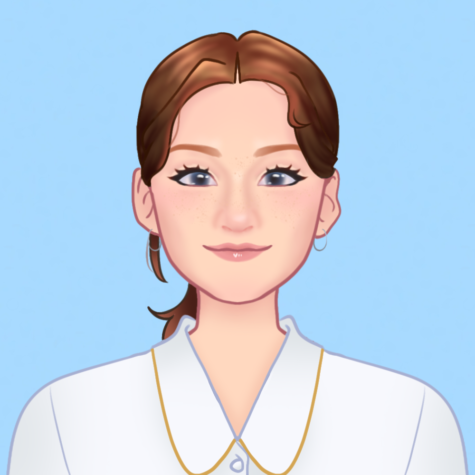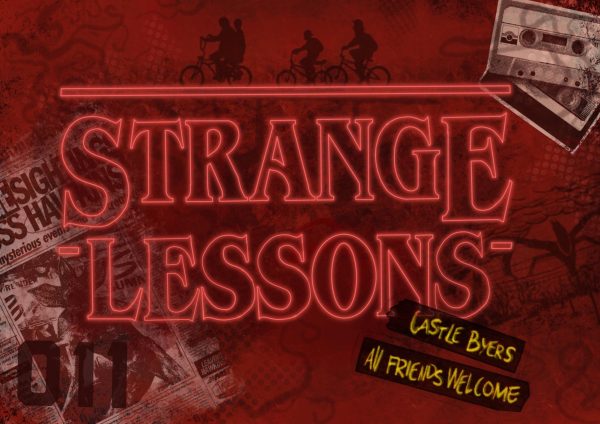Don’t Cover Your Eyes
June 7, 2023
People speak in languages I don’t understand, they act in ways I don’t like, and they believe things I don’t agree with. This comes down to my mere understanding of the world. It is a matter of conditioning and interpretation: the subjectivity of the experiences of life. Some people are exposed to only the ugliest side of humanity, and others are ignorant of every bad thing this world has to offer.
In our society, the outward display of hatred and bigotry holds significant authority over other impressionable people, whether they be children, adolescents, or adults with fully formed values. Many people, particularly within Western society, choose not to see the hatred that covers the globe, but they have been conditioned to be this way. With everyone surrounding us being entirely absorbed in their own lives, we are completely sheltered from the cruelty prevalent in our society and within others. Whether this is inflicted by ignorant people filled with hatred, or a lack of governmental care over their people, it is an issue that has not ceased, despite the lack of awareness raised.
Whilst in a discussion about this issue, I was told a story: some years ago, a mother was picking her child up from daycare. She was asking her son about his day; the games he played and the friends he made, they had the windows down, enjoying the breeze and listening to music. They then pulled up to an intersection, next to another car. The man in the car put his window down and began speaking to her. Or rather yelling. Yelling about how her hijab was somehow an offence to him, abusing her verbally to such an extent that, now, more than ten years later, she remembers each word he said to her. She told me what he said, and they are words that could never be written on paper.
At this moment, she chose to protect her child from forming his own hateful views, as well as protect him from how those words had affected her. When he asked her why he had used all those “bad words”, she simply told him that some people aren’t happy with their life, and they take this out on others. She told him that we never know what is going on in people’s lives, and we should choose to be kind to them because of this.
She could have told him that this man was a hateful bigot, but instead, she chose to show compassion to avoid influencing her son to form an abhorrent view of the world or people such as this man. She made the cognisant decision to influence her son’s perception in a manner of love and acceptance, and without encouraging the formation of prejudices.
We have been conditioned by society to keep our perception of the world limited to a single perspective and hold prejudices based on individual events. I know that I am guilty of this as much as anyone else; I am utterly consumed by singular moments, allowing them to alter my perception of society. Anyone who has known this woman could not fathom how this man could have seen her in this way. She is admirable in her strength and dedication, but is nonetheless, subjected to collective-based prejudices. And that is the flaw with collective judgement and skewed perceptions.
Privilege does not excuse animosity, just as one ethnicity does not make another less worthy of compassion. ‘Blissful ignorance’ is not an excuse for hatred, and worldly perception should exceed our liberty.














Tracy (Community Member) • Jun 23, 2023 at 8:47 am
Love this – especially the last two sentences.